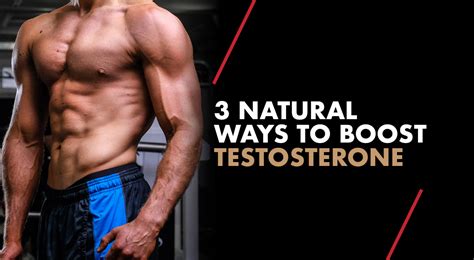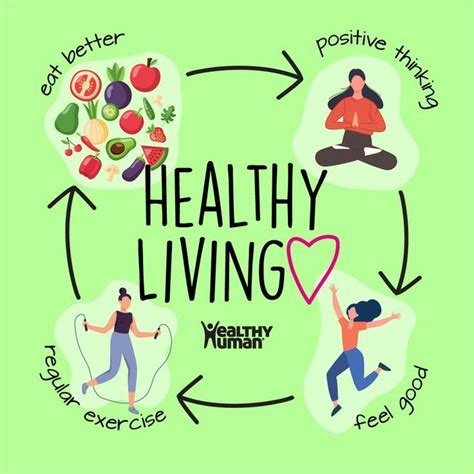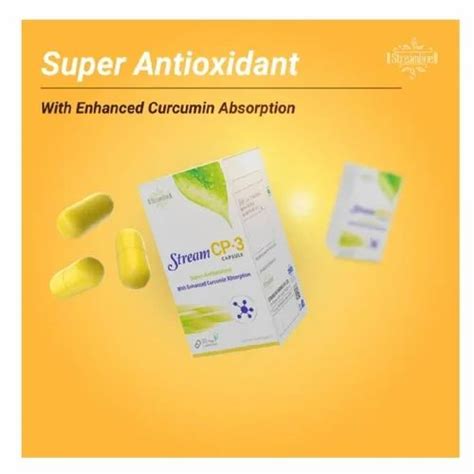Natural ways to boost men’s testosterone for energy & peak performance?

Understanding Testosterone’s Vital Role
Testosterone, often dubbed the “male hormone,” is far more than just a driver of libido and muscle mass. It plays a crucial role in overall male health, influencing energy levels, mood, cognitive function, bone density, and even cardiovascular health. As men age, testosterone levels naturally decline, but modern lifestyles can accelerate this process, leading to symptoms like fatigue, low libido, reduced muscle mass, increased body fat, and a general dip in well-being. The good news is that many natural, science-backed strategies can help optimize testosterone levels without resorting to synthetic options.

Fuel Your Hormones: The Power of Diet
What you eat directly impacts your hormonal balance. A diet rich in whole foods and essential nutrients is fundamental for robust testosterone production.
- Healthy Fats: Cholesterol is a precursor to testosterone, so incorporating healthy fats is essential. Think avocados, nuts, seeds, olive oil, and fatty fish (salmon, mackerel) rich in Omega-3s. These fats also help reduce inflammation, which can otherwise hinder hormone production.
- Protein Intake: Adequate protein (from lean meats, poultry, fish, eggs, legumes) supports muscle maintenance and growth, which is indirectly linked to better testosterone levels.
- Crucial Micronutrients:
- Vitamin D: Often called the “sunshine vitamin,” Vitamin D is actually a steroid hormone. Studies show a clear link between sufficient Vitamin D levels and higher testosterone. Spend time outdoors and consider supplementation if levels are low.
- Zinc: This mineral is vital for testosterone production and helps prevent its conversion into estrogen. Oysters, red meat, poultry, beans, nuts, and dairy are excellent sources.
- Magnesium: Found in leafy greens, nuts, seeds, and whole grains, magnesium can increase free and total testosterone levels, especially in active men.
- Limit Sugar & Processed Foods: High sugar intake leads to insulin spikes, which can negatively impact testosterone. Processed foods often contain unhealthy fats and inflammatory ingredients that disrupt hormonal balance.

Exercise Smart for Hormonal Health
Exercise is a powerful natural testosterone booster, but the type and intensity matter.
- Strength Training: Lifting heavy weights, focusing on compound movements (squats, deadlifts, bench presses), triggers a significant release of testosterone and growth hormone. Aim for 3-4 sessions per week, with adequate rest.
- High-Intensity Interval Training (HIIT): Short bursts of intense exercise followed by brief recovery periods can also be very effective for boosting testosterone and improving body composition.
- Avoid Overtraining: While exercise is good, excessive or chronic endurance training without sufficient recovery can elevate cortisol (a stress hormone) and actually suppress testosterone. Balance is key.

The Crucial Role of Quality Sleep
Sleep deprivation is a silent assassin for testosterone. Most of its production occurs during deep sleep. Consistently getting less than 7-8 hours of quality sleep can significantly lower testosterone levels.
- Prioritize Sleep: Make sleep a non-negotiable part of your routine.
- Optimize Your Sleep Environment: Ensure your bedroom is dark, quiet, and cool.
- Establish a Routine: Go to bed and wake up at consistent times, even on weekends.
- Limit Blue Light: Avoid screens (phones, tablets, computers) an hour or two before bed.

Manage Stress, Boost Testosterone
Chronic stress elevates cortisol levels, and cortisol has an inverse relationship with testosterone – as one goes up, the other tends to go down. Finding effective ways to manage stress is therefore paramount.
- Mindfulness & Meditation: Regular practice can significantly lower stress hormones.
- Deep Breathing Exercises: Simple techniques can calm the nervous system quickly.
- Hobbies & Recreation: Engage in activities you enjoy to naturally reduce stress.
- Spend Time in Nature: “Forest bathing” and simply being outdoors can have a profound calming effect.
Smart Lifestyle Choices & Select Supplementation
Beyond the core pillars of diet, exercise, sleep, and stress, other lifestyle factors and targeted supplements can support healthy testosterone levels.
- Limit Alcohol Consumption: Excessive alcohol can impair testosterone production.
- Avoid Endocrine Disruptors: Be mindful of plastics (BPA, phthalates), pesticides, and certain chemicals in personal care products that can mimic estrogen and disrupt hormone balance.
- Consider Adaptogenic Herbs:
- Ashwagandha: An ancient adaptogen, research suggests it can reduce stress and cortisol, leading to modest increases in testosterone.
- Fenugreek: Some studies indicate Fenugreek may help increase free and total testosterone, particularly beneficial for strength and libido.
- D-Aspartic Acid (DAA): While some research shows promise, results can be mixed, and it’s best used under guidance.

Conclusion: A Holistic Approach for Lasting Results
Naturally boosting testosterone for enhanced energy and peak performance isn’t about quick fixes but rather a comprehensive, consistent approach to a healthy lifestyle. By focusing on nutrient-dense foods, effective exercise, sufficient sleep, and stress management, men can significantly optimize their hormonal health. Always consult with a healthcare professional before making significant dietary changes or starting new supplements, especially if you have underlying health conditions.









